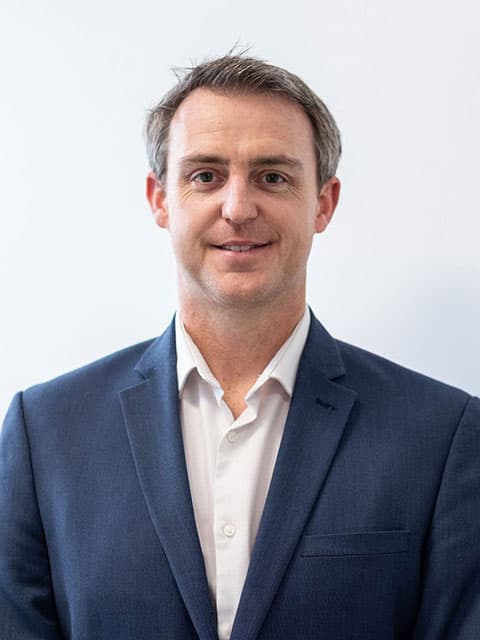Dr Platt has published in variety of disciplines, being a central collaborator within his network to draw together members of academia and industry. His expertise spans fundamental and applied research into the controlled movement and detection of ions, proteins and nanomaterials, with much of his recent work focusing on development and application of sensors. Since obtaining his PhD in 2005, Mark has built an interdisciplinary research portfolio investigating materials synthesis, droplet reactors, DNA-aptamer and electrochemical sensors.
Research areas
Mark's expertise spans fundamental and applied research into the controlled movement and detection of ions, proteins and nanomaterials, with much of his recent work focussing on development and application of sensors for applications with environmental and health fields. Through the integration of emerging electroanalytical platforms, aptamer technologies and nanomaterials, his research is delivering new analytical methods for healthcare, environmental and materials sensors.
Examples of this include: Sensors for the detection of microorganisms (yeast, bacteria, virus and algea), heavy metal ions and biomarkers. Automated fluidic platforms for monitoring contaminants in food and drink and drug dissolution monitoring and emulsions.
Micro/ Nanoplastic Research
Resistive Pulse Sensors (RPS) are a method of rapid data extraction/analysis of water samples with the resolution of a single micro to nanoparticles. With appropriate sample preparation, they are capable of screening large volumes of liquid for a single or billions of particles/ polymers in complex samples at source. Our work focuses on developing such protocols for calibrating a novel portable, autonomous and fully integrated, RPS device before applying it in the field to monitor the number, properties and degradation products of plastic particles in the natural environment.
Teaching responsibilities:
- CMA103: Laboratory Skills 1
- CMA104: Spectroscopy and Analysis; lecturer & internal examiner
- CMB102: Laboratory and Skills 2 (Chemistry)
- CMB103: Laboratory and Skills 2 (MPC)
- CMC026: Investigative Projects
- CMD001: Research Project
- CMD119: New Techniques and Technologies in Chemistry
- CMD302: Advanced Analytical Chemistry Option
- CMP015: Research Methods
- CMP056: Research Training Project
- CMP057: Separation Techniques
- CMP063: Professional Skills and Dissertation
- CMP064: Innovations in Analytical Science
- CMP065: Sensors; lecturer & internal examiner
External responsibilities
- RSC Electrochemistry committee
- Member of the ISO standards particle characterisation group
We are developing a platform technology for the detection of particulates.
Based on the simple idea that it should be possible to quantify and characterise any particle suspended in a solution, regardless of the sample matrix. Figura’s technology was developed using microfluidics and new manufacturing methods to deliver precision measurements to any user.
If you are interested in knowing more please contact mark@figura-analytics.co.uk
